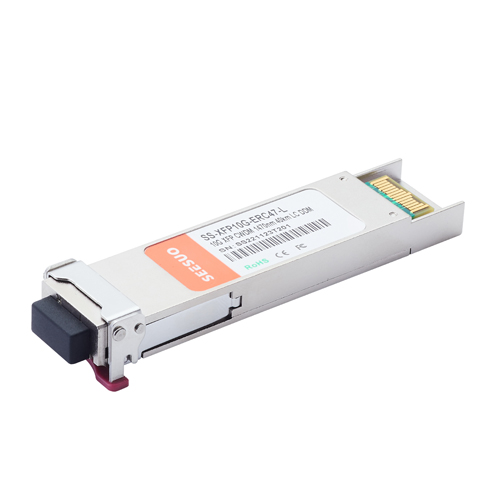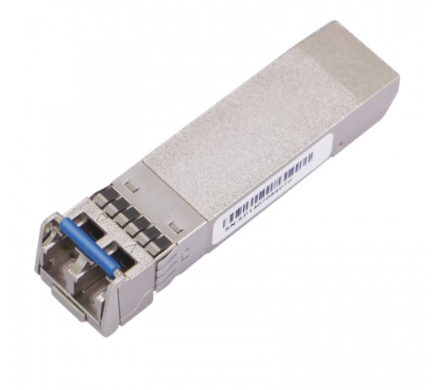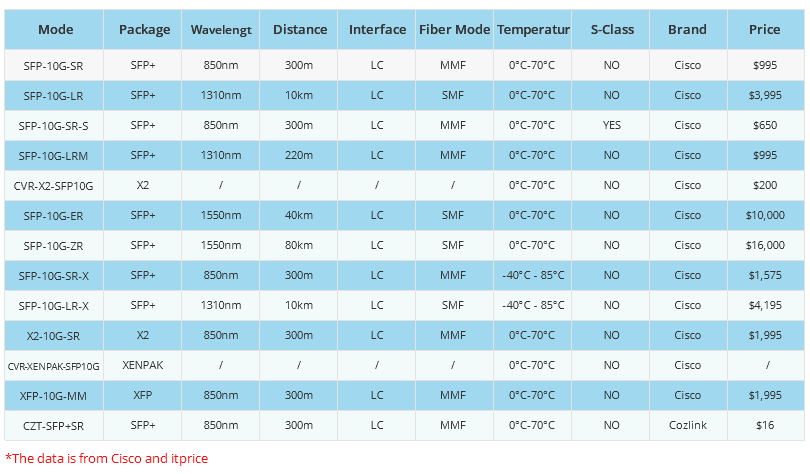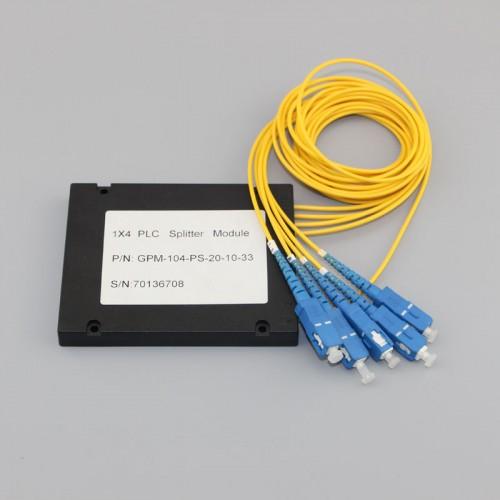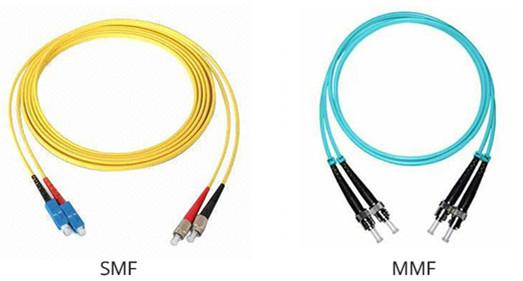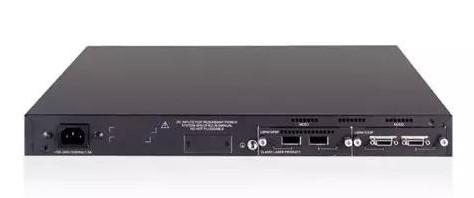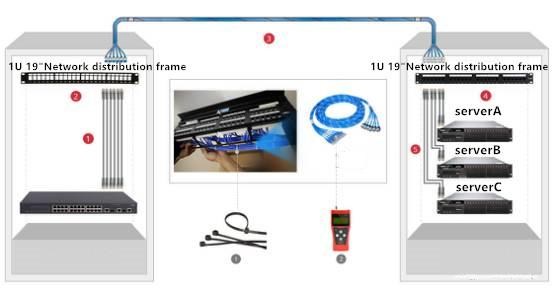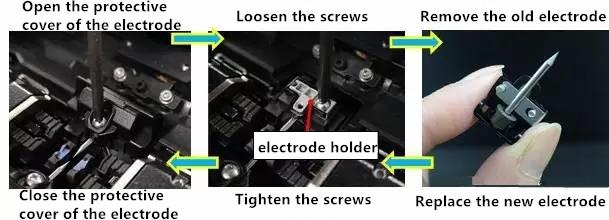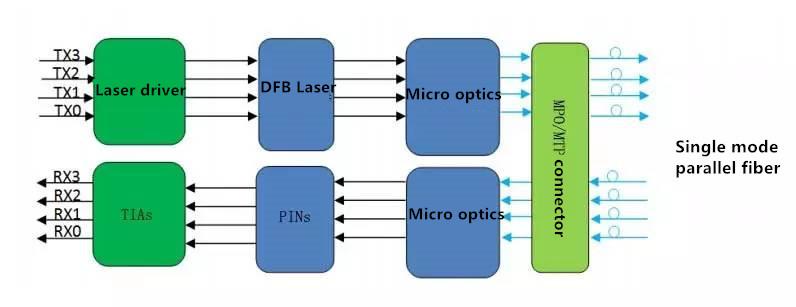- Related articles
- Fiber Optic Cable Splicing
- Optical Transceivers for Cisco ME-3400EG-12CS-M= Switch
- All Cisco XENPAK-10GB-SR's information (List price, Specs, Datasheet PDF, Compatibility ma
- Optical Transceivers for Cisco N5K-C5010P-BF Switch
- The difference between SFP+ and XFP
- Optical Transceivers for Cisco WS-C2960S-48LPD-L Switch
- What is X2 transceiver?
- Optical Transceivers for Cisco WS-C3750G-12S-S Switch
- Optical Transceivers for Cisco SG500-28MPP-K9-G5 Switch
- Optical Transceivers for Cisco IE-3010-24TC Switch
Recommend tag

The difference between SFP+ and XFP
2016-08-08
Definition
The following defines the XFP and SFP+:
XFP
- The XFP ( 10G Gigabit Small Form factor Pluggable) is a standard for transceiver for high speed network links that use optical fiber.
- It was defined by an industry group in year 2002, along with its interface to other electrical components which is called XFI.
- A transceiver is a device comprising both a transmitter and a receiver, which is combined and share a common circuit.
SFP+
- SFP+ transceivers are expected to perform at data speeds of up to five gigabits per second (5 Gbps), and possibly higher.
- Because SFP+ modules can be easily interchanged, electro-optical or fiber optic networks can be upgraded and maintained more conveniently than has been the case with traditional soldered-in modules
- Rather than replacing an entire circuit board containing several soldered-in modules, a single module can be removed and replaced for repair or upgrading. This can result in a substantial cost savings, both in maintenance and in upgrading efforts as compared to old in built modules.
Differences
- Both of them are 10G fiber optical modules and can connect with other type of 10G modules.
- The size of SFP+ is smaller than XFP, thus it moves some functions to motherboard, including signal modulation function, MAC, CDR and EDC.
- XFP is based on the standard of XFP MSA
- SFP+ is compliance with the protocol of IEEE802.3ae, SFF-8431, SFF-8432.
- SFP+ is the mainstream design.
10g media converter
10G Media Converters transparently connect 10 Gigabit Ethernet links over multimode or single mode fiber. Each 10GbE Media Converter comes with two pluggable transceiver ports that support fiber to fiber, copper to fiber or copper to copper media conversion.
Conclusion
Ethernet to Fiber Converters provide an economical path to extend the distance of an existing 10GbE link. This allows for more efficient troubleshooting and less on-site maintenance. These cost and time saving features, along with a lifetime warranty and free worldwide technical support and are also available for managed networks with AAA security.

TECHNICAL SUPPORT
Get solutions or consultation from the technical team.












































